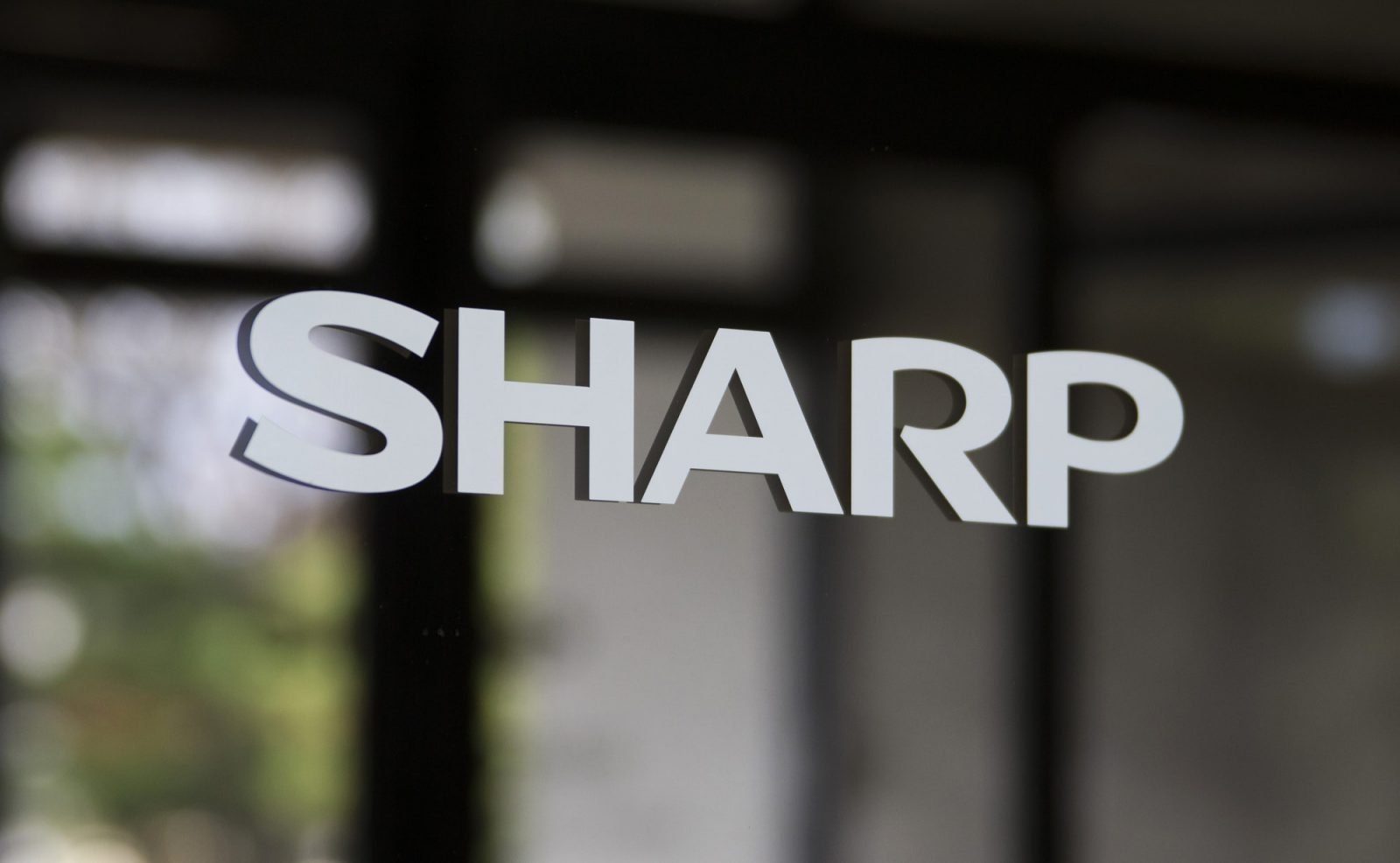At the end of August, a faulty system update at PayPal paralysed a key part of Europe’s payment infrastructure for several days. The failure of the internal fraud detection system led to banks preemptively blocking transactions worth billions of euros. The incident, although temporary, is a stark reminder of the systemic risks associated with single player dominance and highlights the growing pressure for technological sovereignty in the European financial sector.
A cascade of errors after one update
At the root of the problem was a technical glitch during a routine software update that disabled the automatic verification of transactions for potential fraud. The sudden absence of this key filter triggered an immediate response from partner banks. Their own risk monitoring systems identified unusual patterns in the payment stream and, acting as a precautionary measure, began rejecting transactions originating from PayPal en masse .
The incident exposed a fundamental weakness in the architecture, where the failure of a single component at one vendor can have a knock-on effect on the entire ecosystem. This shows that modern payment systems require not only redundant security mechanisms, but also robust emergency rollback procedures, which in this case clearly did not work fast enough. Paradoxically, it was the banks’ traditional control systems, often seen as anachronistic, that prevented potential financial losses, highlighting the value of multi-layered security.
Crisis of trust and communication
The way PayPal communicated with the market only added to the chaos. Officially, the company spoke of a “temporary service interruption”. However, at the same time, customers whose payments were being declined were receiving automatic notifications about allegedly missing funds in their accounts and even penalty charge notes.
Such a discrepancy between the official message and the real user experience undermines trust – the most valuable currency in the financial industry. In this age of instant information flow, transparent and proactive crisis communication is not a luxury but a necessity. Instead of building understanding, the company has created additional uncertainty and frustration, which, in the long run, may damage its image more than the technical failure itself.
The European alternative is waiting behind the scenes
The timing of the crash was particularly unfortunate for PayPal. This is because it coincided with the growing popularity of Wero, a European payments initiative backed by a consortium of the continent’s largest banks. The project, which already has more than 40 million users, is being presented by institutions such as ING as a step towards Europe’s ‘technological sovereignty’.
The incident involving the US giant provides Wero supporters with a strong argument. It shows how the heavy reliance of European e-commerce on a single, dominant provider creates a systemic threat that could materialise at any time. While the reliability and scale of Wero still needs to be proven in practice, PayPal’s failure will certainly prompt many retailers and consumers to consider diversifying their payment options.












